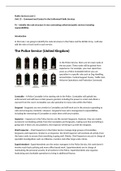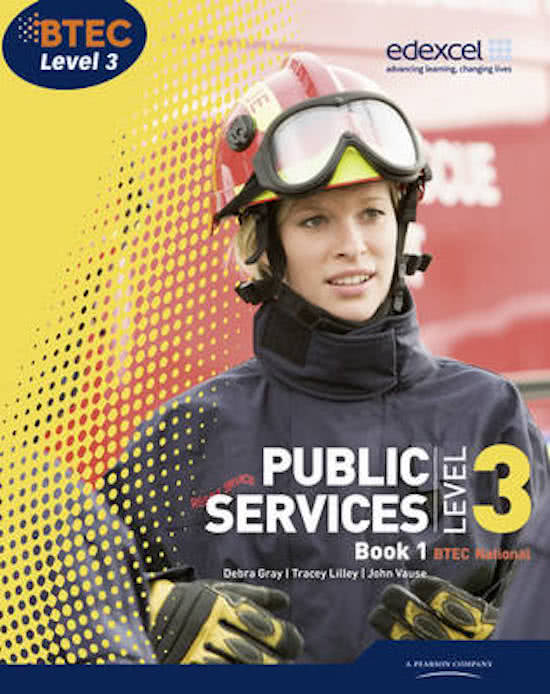Essay
Unit 13 - Command and Control: P1, P2, M1 and D1
- Institution
- PEARSON (PEARSON)
This is Task 1 for Command and Control in the Uniformed Public Services (Unit 13). I completed P1, P2, M1 and D1 achieving a Distinction. The remainder of this unit will also be available.
[Show more]





